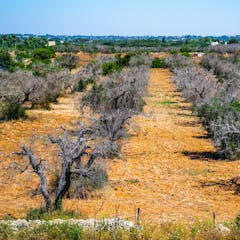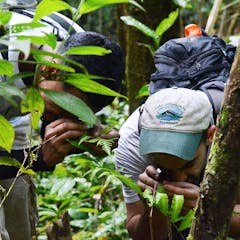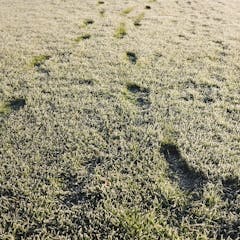
Artículos sobre Plants
Mostrando 21 - 40 de 324 artículos

From dark dragonflies becoming paler to plants flowering earlier, some species are slowly evolving with the climate. Evolutionary biologists explain why few will evolve fast enough.

Climate modelling that best accounts for the processes that sustain plant life predicts plants could absorb up to 20% more CO₂ than the simplest version predicted.

The meadow spittlebug can transmit a deadly bacterium – many plants in Britain could be at risk.

A research accident in the Binder lab at the University of Tennessee led to an unprecedented discovery about how plants respond to a hormone called ethylene.

Mountain flora in the Kaokoveld deserve priority conservation efforts.

As the climate warms, devastating fires are increasingly likely. The 2020 fires pushed the Southern Rockies beyond the historical average. Is there hope for the Northern Rockies?

Recent study investigated how fast genes are being transferred between distantly related species.

Botanizing is the practice of observing and appreciating plant life. Two plant scientists explain how it benefits people and the planet.

Some rhododendron fossils are 60 million years old, showing they were around before the Himalayas were formed.

Stories in Greek mythology on the cycle of nature showing youth, death and rejuvenation can have lessons for us today on how grief changes over time and transforms who we are as people.

Plants have not lost their capacity for innovation over the years, finds new study.

Boreal plants produce molecules that are valued by traditional medicines and inspire the development of medicinal products by contemporary chemists.

With more than one species for every person on the planet, soils are the most diverse habitat on Earth.

Some boreal plant species are classified — and treated — as weeds, affecting Indigenous communities’ access to important cultural, medicinal and ceremonial resources.

Native common wildflowers provide large amounts of pollen and nectar for insects – but many are undervalued by the public.

The soil was extracted during the Cold War from beneath one of the U.S military’s most unusual bases, then forgotten for decades.

Humans have figured out how to season their food with virtually every part of plants.

The arrangement of leaves on most plants follows a mathematical pattern – new research sheds light on how it evolved.

Different grasses respond to and cope with winter in different ways.

The research conducted through biobanks can help to address challenges like climate change and food security.
